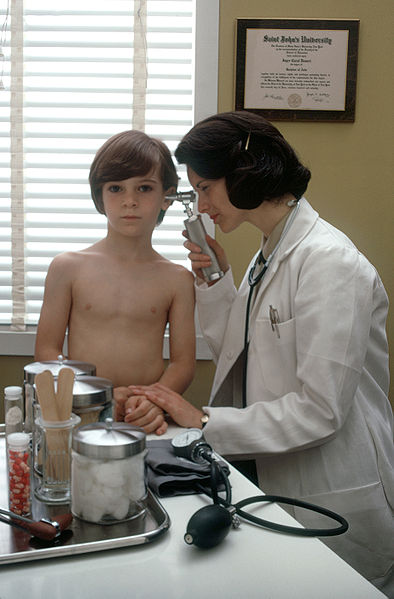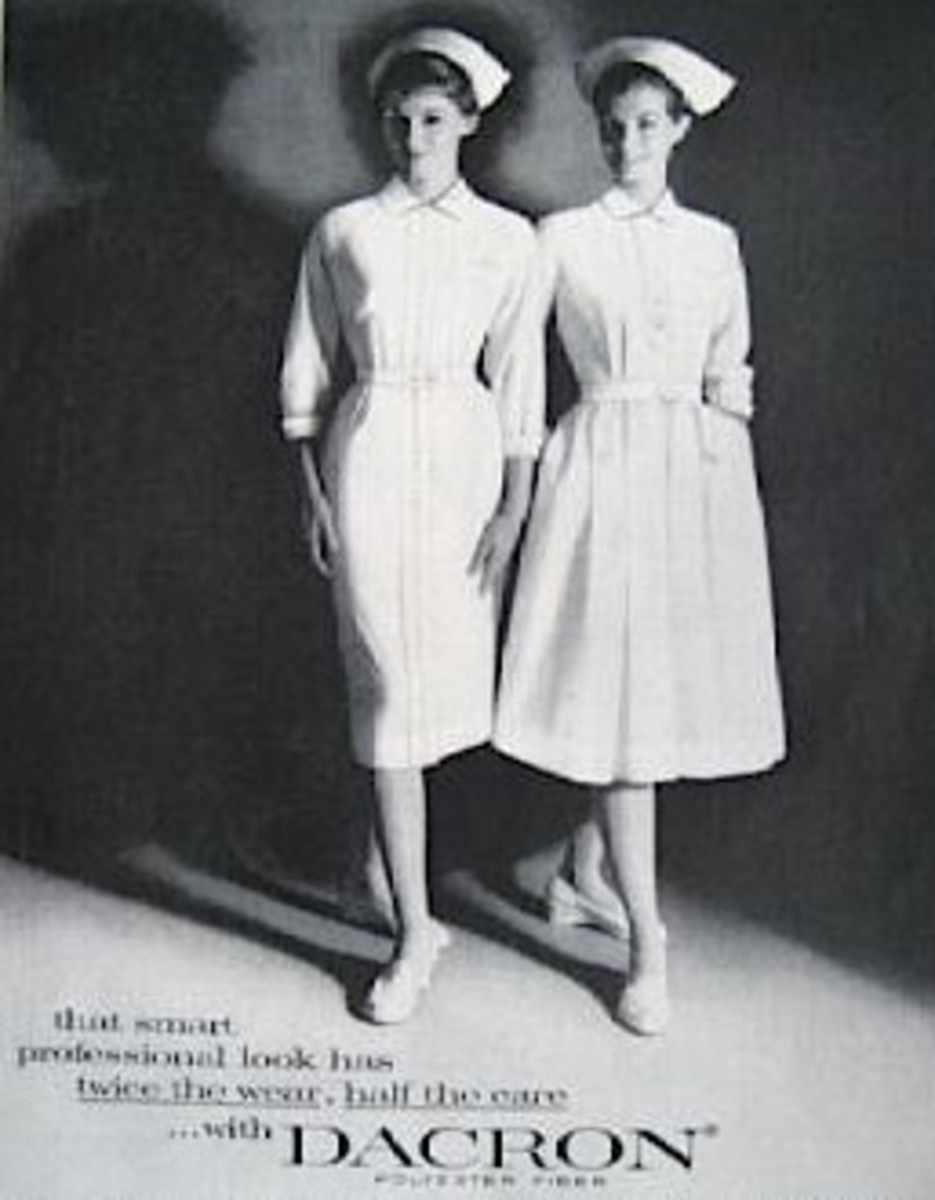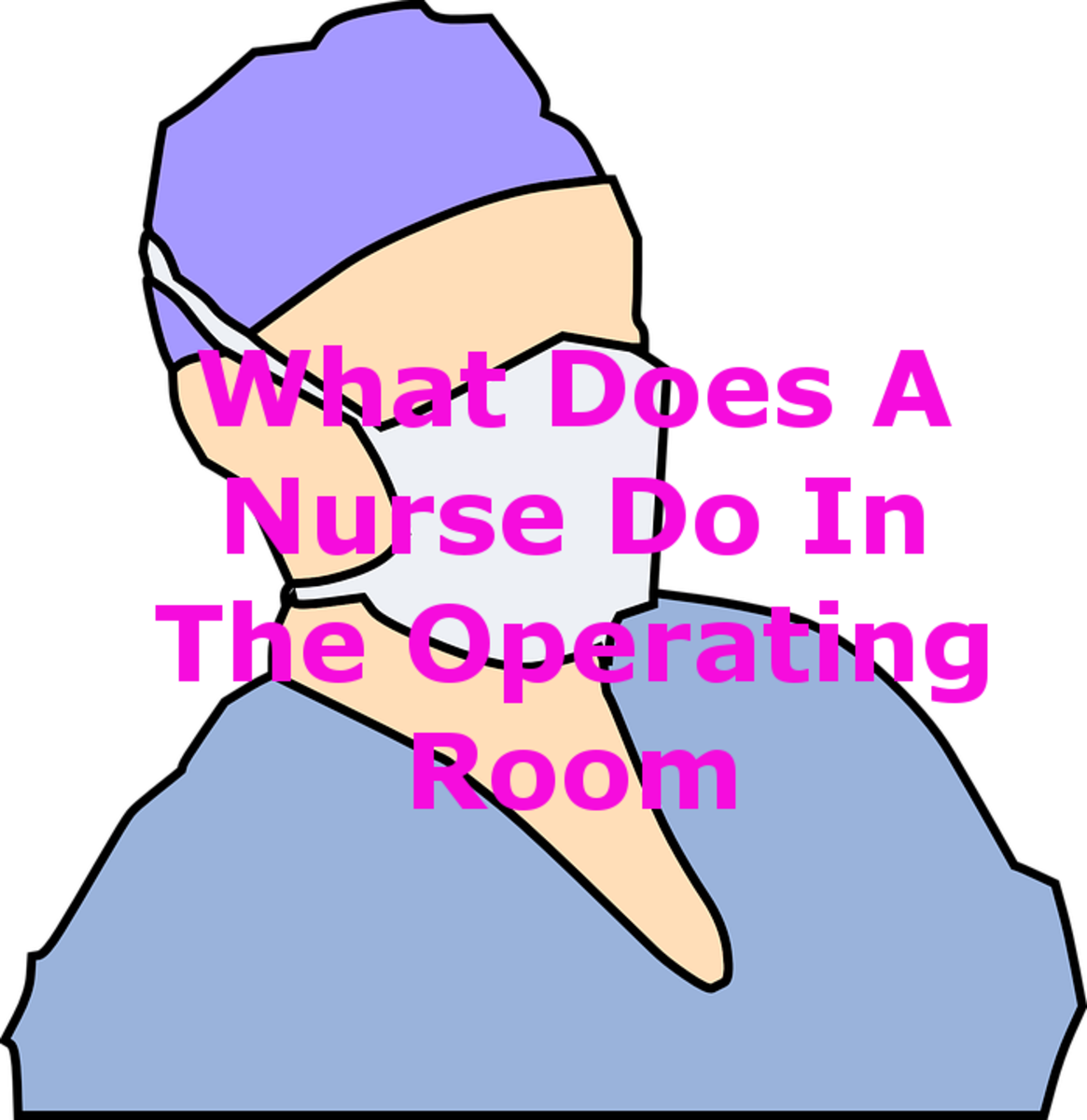Registered nursing career information: if you're thinking about becoming an RN
Nurses perform many duties

Registered Nurse Career Information: If You’re Thinking About Becoming An RN
RN is short for registered nurse. Registered nurses are training health care professionals who directly care for people when they are sick. An RN performs many duties including administering medications, teaching people how to care for a chronic medical condition and taking basic health information about patients.
Registered nurse is one of the most popular of the health care professions. Thousands of Americans have joined the ranks of nurses. As a result of their training, they are a vital part of a team of caring medical professionals who deliver the most effect health care possible to patients in need of their services.
Explore the basics of one of the world’s most flexible, dynamic and important careers.
Required Training and Education to Become an RN
If you want to become an RN, you will need to get a college degree in nursing. There are two types of nursing degrees. You can get a community college degree in nursing or earn a bachelor’s degree in the subject.
Each type of degree has advantages and disadvantages.
An associate’s degree in nursing can be earned in only two years. This means you can enter the profession more quickly. There are more community colleges than four year schools. This means that you can often find a school near your home.
A bachelor’s degree in nursing will take at least four years to graduate. You can investigate taking summer classes in order to graduate sooner but that may not possible as you often have to complete certain basic courses before you move on to more advanced work. Such classes may not be given during the summer.
However, a four year degree is often seen as more prestigious. Many workplaces much prefer nurses to have a bachelor’s degree and will give preferences in hiring to nurses with such a credential. Efforts are also being made to require nurses to have a four year degree rather than only two years of post-secondary schooling.
If you have a BSN (bachelor’s of science in nursing) you will have an advantage if you want to earn further credentials in nursing such as a master’s degree. You may also find it easier to advance to a supervisory position in the field.
Consider the pros and cons of each degree before you choose a program. If you have a two year degree, you can always go back to school and complete additional training. Many employers will even allow you paid time off to do so.
Nursing Studies
As a potential registered nurse, you can expect to take courses in various subjects including the humanities. Your primary emphasis, however, will be on the sciences. Registered nurses must take classes in subjects such as chemistry, biology, anatomy and physiology. You will usually be required to maintain a certain grade point average across all your classes such as B in order to remain in the nursing program.
Once you have completed your nursing undergraduate classes, you will then be required to complete a term on-site training under the supervision of a nursing instructor. This is known as your clinical training. Clinical training consists of full time work in a hospital or other medical setting such as a nursing home. During this time, you will shadow a registered nurse as she goes about her duties. Student nurses are expected to master certain procedures such as the proper insertion of an intravenous line and how to transfer patients from a bed to a wheelchair.
After you graduate, you must pass a state licensing exam known as the NCLEX-RN or National Council of State Boards of Nursing Licensing Exam-Registered Nurse. The exam consists of a series of multiple choice questions that you must answer correctly. You must pass the exam in order to receive your nursing license from the state and apply for jobs as a nurse.
After You Graduate: Working as a Nurse
Once you have your license, you can apply for jobs. Nurses can work in many different places including hospitals, doctor’s offices, schools and research labs. You will be expected to demonstrate knowledge of procedures you learned during your nursing studies while on the job.
As an RN, you duties may vary from place to place. If you work for a pediatrician, you may spend your days helping children by weighing and measuring them as well as giving vaccines and helping to educate parents about basic childcare procedures. If you opt for hospital nursing, you might work assisting doctors in a busy emergency room, helping to make sure that patients most in need are seen as soon as possible.
Many registered nurses decide to specialize in a specific area of medicine such as oncology or labor and delivery. Nurses who decide to specialize must often meet additional educational requirements such as learning a specific skill like how to monitor the vital signs of premature babies.
A nurse may also decide she wants another degree. Nursing degrees are available up to and including doctorates. Some nurses do original scientific research, helping explore how best to meet patient care needs. Other nurses earn degrees that allow them nearly as much autonomy as doctors such as certified nurse midwives and nurse practitioners.
Additional Registered Nurse Information
If you decide to become a nurse, you can expect a starting salary that is equal to the starting salaries of many other professionals who hold advanced degrees including teachers. Your salary may immediately rise if you decide to work weekends or nights. Nurses can also earn extra money by becoming temporary nurses. Temporary nurses take temporary shifts when a nurse is absent or on leave. While you do not accumulate staff benefits, you can easily earn a very high salary if you have the right credentials.
Nursing can be difficult and stressful at times. As a nurse, you can expect to work with people who are facing very difficult circumstances. They may not be at their best at times. But you love helping people, are comfortable and confident in a crisis and want to work in the medical profession, a career as a registered nurse may be just right for you.
More Information
- Nursing Career Pathways: The Many Different Ways You Can Develop Your Career
Learn the many varied ways you can carve out a satisfying career in the growing field of nursing. - The pros and cons of a nursing career: consider carefully before you begin
Becoming a nursing requires training and hard work. Consider all aspects of this important career before you begin. - nursing career information: what you need to know to become a nurse
A career in nursing can be an excellent way to earn a living and help people at the same time. Learn more about this vitally important health care profession.









